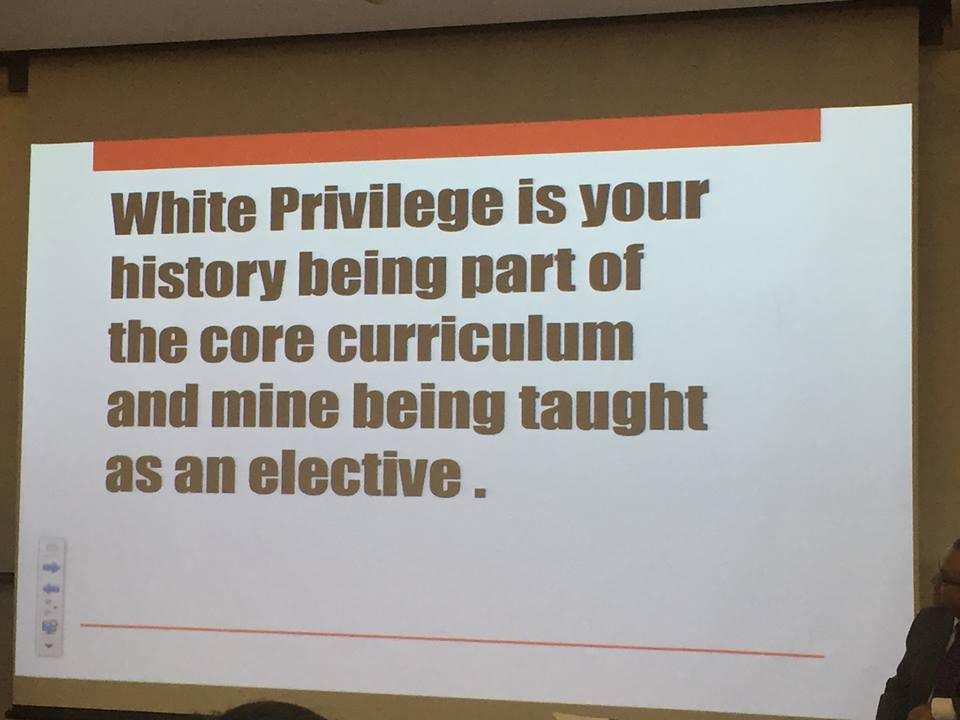I recently joined a student-led Asian / American Reading Group at Haverford sponsored by the Hurford Center. Although there are occasional topic classes, the Tri-Co does not have a formal Asian American Studies Department. This leaves it up to the students to form their own seminars like this one. Affinity groups like the Bryn Mawr Asian American Students Association (A/ASA) have also had to step up to educate and promote cultural, social, and political awareness of Asian and Asian American perspectives.
What does it mean to be Asian American? How do we distinguish between these various identities? Where do we draw the line between fiction and reality?
We will read Asian American memoirs, narratives, and other evocative forms of (non)fiction. These works will serve as our starting point for reflecting on themes of diaspora, community, identity, and memory, and for considering our own sense of belonging within and beyond our college campuses.
Our first meeting discussed perspectives of the outsider. Our readings were from Eddie Huang’s “Night Market” chapter in Fresh Off the Boat memoir and Linh Dinh’s “The Town of the Hidden Coffin” short story in Blood and Soap. In Fresh Off the Boat, Eddie described his trip from his home in Florida to Taiwan as a teenager on a “birthright” trip with other Taiwanese Americans. He initially feels out of place as “too American” for Asia, but “too Asian” for America. He starts to feel more at “home” when he recognizes the traditional Taiwanese foods his mom and grandma made for him at home. In “The Town of the Hidden Coffin,” the unidentified narrator asks his local Vietnamese taxi driver about a Vietnamese village legend of a missing girl’s body from her coffin.
We agreed as a group that an outsider was someone with no authority and questions the insider. Factors that distinguish outsiders from insiders include language barrier, food culture, appearance. We questioned who sets the border of outsider? Yourself? Others? We also pointed out instances of characters “shedding” identities because no one can fit into the insider/outsider binary.
I could relate a lot to Eddie Huang’s piece because I am also an Asian American who connects to her culture through food and attempts to learn the Chinese language. I don’t think it makes me any “less Asian” to not know how to speak Chinese, but I do wish I knew more. I could also relate to the narrator’s sheer amount of curiosity to know the local legend in Dinh’s “The Town of the Hidden Coffin.” My identity as an insider or outsider depends on who I am with, where I am, and how confident or comfortable I feel in the situation.
The AS / AM Reading Group will meet for 4 sessions on Saturdays 3-4PM in the Hurford Center at Haverford College. The name of the reading group comes from the slash between Asian and American instead of a hyphen to imply the and/or and both exclusion and inclusion. Snacks are generously provided by the Hurford Center.
Thank you to Catheline Pham and Kelsey Owyang for organizing this reading group. I’m learning a lot! Most of the other participants are Asian American, but there are some non-Asians as well. I enjoy listening to the diverse perspective everyone brings to the table.
Related: It’s Time to Step The F*ck Up for Asian American Studies | #WeNeedAAPIStudies – Reappropriate


hi miranda – just fyi, the trailer of what i hope will be my first FL film (Cebu) is on my FB page (peter reme bacho). it is based on my American Book Award winning novel of the same name. in 2006, Columns, the University of Washington alumni magazine, listed Cebu as one of the top 100 books by a UW author in the university’s first century.my script was also a finalist in 2014 at the Beverly Hills Film Festival. so, the artistic credits are solid.
i also just posted it on youtube. here’s the link. https://www.youtube.com/watch?v=pj5IbwxartQ
check it out.